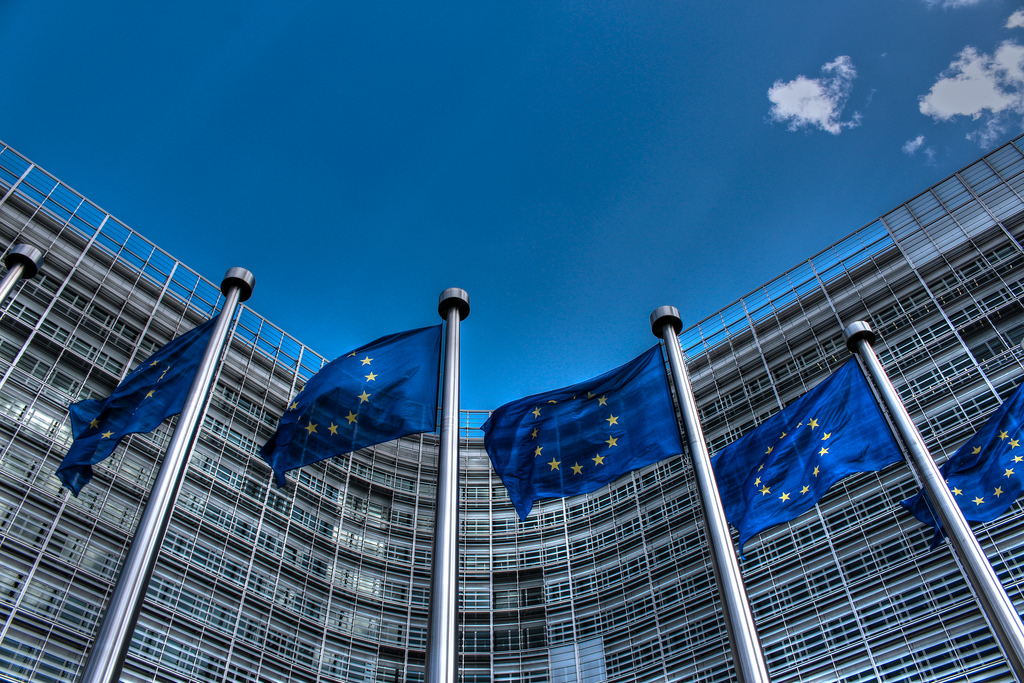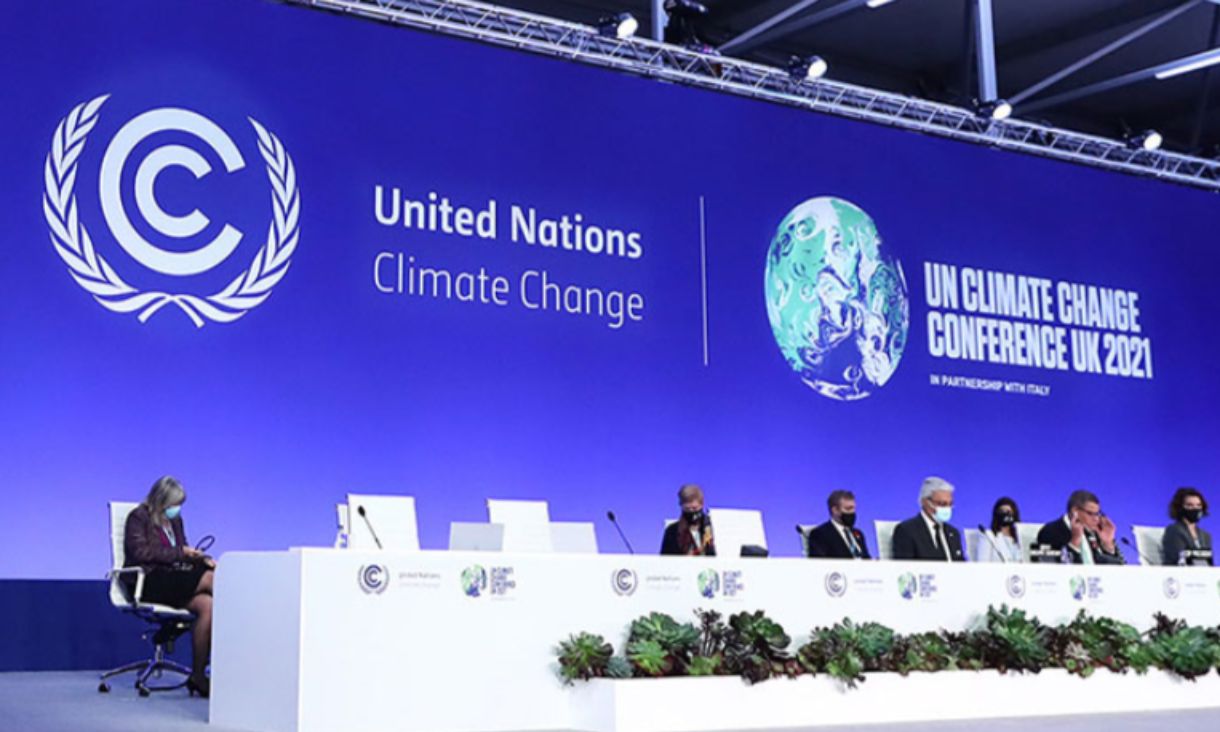While member states are largely responsible for the health of their own citizens, significant trans-border threats to public health in Europe require deeper cross-border EU cooperation and coordination. The pandemic has exposed fundamental inequalities between wealthier and more robust health care systems (e.g. Germany) and under-financed healthcare systems and shortages in some Mediterranean countries (e.g. Spain) as well as variations in age and density of population, and movement of people (e.g. Lombardy region in Northern Italy) which is leading to fatal consequences as the pandemic spreads across Europe (Bennhold, 2020).
It is unclear why it took so long for a coordinated EU response to the COVID-19 crisis, given the range of systems the EU has in place to address cross-border health threats. One of these instruments, the Early Warning Response System (EWRS), was triggered on 9 January in response to COVID-19, over a month before the proposed suspension of non-essential travel (European Commission, 2020a). Three other instruments the European Commission deployed to address cross-border health threats are the Health Security Committee (HSC), the Emergency Response Coordination Centre (ERCC), and the European Centre for Disease Prevention and Control (ECDC). The ECDC is perhaps the most pertinent EU agency in terms of dealing with the COVID-19 crisis as it has, among other responsibilities, the role of strengthening joint defences against infectious diseases and is responsible for providing a range of measures in response to an outbreak (European Commission, 2020a).
At the European level, the first initiative was taken on 1 February, with the European Commission mobilising €10 million for research. Then, on 24 February, the Commission announced a €232 million package for research. On 2 March, after the threshold of 2,000 cases in Europe had been exceeded, the President of the European Commission set up a “response team” of five Commissioners, while the Council triggered the “full activation of the EU’s integrated crisis response mechanism” for a ‘Integrated Political Crisis Response’ (IPCR). Since 2 March, the EU has deployed a variety of tools, focused on the consequences of the pandemic (Maurice et al., 2020). On 19 March the European Commission also announced that the ECDC will manage the newly created ‘rescEU’ stockpile - a shared reserve of emergency medical equipment such as ventilators, PPE, and laboratory supplies to combat the virus (European Commission, 2020b). On 2 April, the European Commission launched the EU Solidarity for Health Initiative, aimed at supporting the healthcare systems of member states (European Commission, 2020).
The first measures taken by individual member states in response to COVID-19 were taken by Italy on 21 February with the confinement of 11 municipalities, then four provinces on 8 March and the entire country on 11 March. Spain declared a state of emergency and confined its citizens on 14 March. France and Belgium applied similar measures in two phases between 12 and 17 March. All these measures, however, did not prevent an impression of inaction and confusion. National and EU authorities were caught off guard by the sudden acceleration of the pandemic – the number of cases increased by 66,000 per cent between 24 February and 24 March.
One of the main explanations for this, is that the EU has a limited mandate in public health. The way member states have approached the crisis reflects some of their political differences: countries of Central Europe, which are more socially conservative have been quicker to close borders and impose restrictions. Unlike its neighbours, Sweden has not closed its borders or schools. Nor has it closed non-essential business or banned gatherings of more than two people, like in the UK and Germany. The next blog discusses Sweden’s 'flexible’ approach to COVID-19.
Sophie Di Francesco-Mayot- Research Officer RMIT EU Centre of Excellence
Brad Davison – Research Assistant, RMIT EU Centre of Excellence
Campbell Hughes – Intern, RMIT EU Centre of Excellence
References
Bennhold, K. 2020, A German Exception? Why the Country’s Coronavirus Death Rate is Low, viewed 7 April, accessed: https://www.nytimes.com/2020/04/04/world/europe/germany-coronavirus-death-rate.html#click=https://t.co/YPIwDhD9PC.
Dallison, P. March 16 2020. Von der Leyen calls for ban on travel to EU, POLITCO, viewed 2 April 2020, accessed: https://www.politico.eu/article/von-der-leyen-calls-for-ban-on-travel-to-eu/
European Commission 2020, EU Health Policy, viewed 25 March, accessed: https://ec.europa.eu/health/policies/overview_en.
European Commission 2020a, Coronavirus Response: Public Health, viewed 25 March, accessed: https://ec.europa.eu/info/live-work-travel-eu/health/coronavirus-response/public-health_en
European Commission 2020b, Coronavirus Response: Crisis management and solidarity, viewed 31 March, accessed: https://ec.europa.eu/info/live-work-travel-eu/health/coronavirus-response/crisis-management-and-solidarity_en
European Commission 2020c, Public health, viewed 7 April, accessed: https://ec.europa.eu/info/live-work-travel-eu/health/coronavirus-response/public-health_en
EU of the European Parliament and the Council 2013, Decision No.1082/2013/EU of the European Parliament and of the Council of 22 October 2013 on serious cross-border threats to health and repealing Decision No 2119/98/EC, Official Journal of the European Union, Brussels.
Jones, S. & Kassam, A., March 27, 2020, Spain defends response to coronavirus as global cases exceed 500,000, The Guardian Australia, viewed 2 April 2020, accessed: https://www.theguardian.com/world/2020/mar/26/spanish-coronavirus-deaths-slow-as-world-nears-500000-cases
Maurice, E., Bloj, R., Buzmaniuk, S., Antonini, C., and d’Angelo, C. 2020, Covid-19: European Responses, a complete picture, Fondation Robert Schuman.







